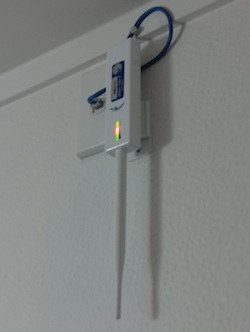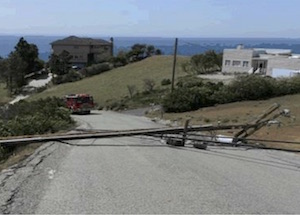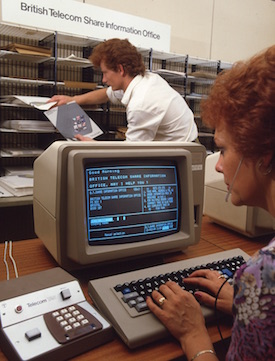Charter cries for exclusive rights in public housing
![By Sage Ross (Own work) [CC BY-SA 3.0 (https://creativecommons.org/licenses/by-sa/3.0)], via Wikimedia Commons](https://www.tellusventure.com/images/2016/5/tantrum.jpg)
Charter Communications still doesn’t get it. California law does not grant it ownership of public housing residents. But boiled down, that’s what it’s telling the California Public Utilities Commission.
Three years ago, the California legislature passed a bill that set aside $20 million to pay for installing broadband facilities in public housing properties. Governor Brown signed it into law. And once you trim away all the bureaucratese about defining what, exactly, a public housing operator is, it’s a very simple bill.… More


![By Elliot (Flickr) [CC BY 2.0 (https://creativecommons.org/licenses/by/2.0)], via Wikimedia Commons](https://www.tellusventure.com/images/2016/5/hockey_fight.jpg)





![By Brocken Inaglory (Own work) [CC BY-SA 3.0 (https://creativecommons.org/licenses/by-sa/3.0) or GFDL (https://www.gnu.org/copyleft/fdl.html)], via Wikimedia Commons](https://www.tellusventure.com/images/2016/5/big_wave.jpg)